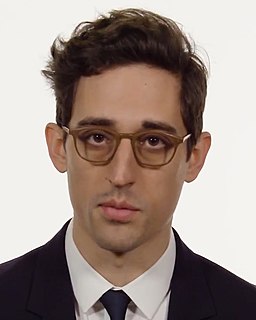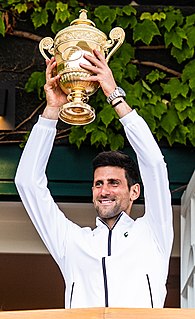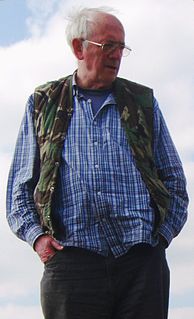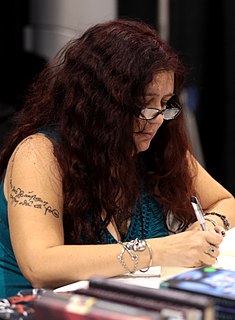A Quote by Phil Klay
We have a tendency to think of war as this quasi-mystical thing, and that interpretation flattens the experience - by using different perspectives, I wanted to open a place for readers to compare and contrast, to make judgments, to engage.
Related Quotes
To keep people interested, your presentation needs to have contrast. As humans we process contrast. We are assessing "what's the same," "what's different," "what's like me," "what's not like me." Humans stay interested if they can process contrast. Varying types of contrast can be used. With content, you can contrast between what is and what could be or between your perspective and alternative perspectives.
People's conceptions about themselves and the nature of things are developed and verified through four different processes: direct experience of the effects produced by their actions, vicarious experience of the effects produced by somebody else's actions, judgments voiced by others, and derivation of further knowledge from what they already know by using rules of inference
On the last album, I didn't want to disturb the melody with too many stories. This time, I wanted to know if I was able to create images with words, with the sound of words.(...) I think that’s a good thing when the one who is listening, is feeling it in a different way that the one who creates. We are all listening with different perspectives.(...) I don’t want to impose my subjectivity to the listener.
I wasn't trying to write a corrective novel - that would just end up tasting like medicine, and I tried to stay away from polemics as best I could. I think that, if anything, Fobbit is my way of showing readers there's another side to war - the backstage of combat, if you will. If you play a word association game with Americans and say "war," what's the first thing that comes to mind? Soldiers running across a battlefield through a hail of bullets, right? Rambo, smoke, explosions. In Fobbit, I hope readers will see something a little different
I was always worried about the dishonesty and meretriciousness that often accompanies ego. So I tried to make the memoir as factual and accurate and as unemotional as I could, and let readers make their own judgments on what happened. And, in fact, that's how I write poetry. I'm trying to present the reader with the experience itself, not with my commentary on it. So I adopted a style that I'd hoped would let me accomplish that.





































